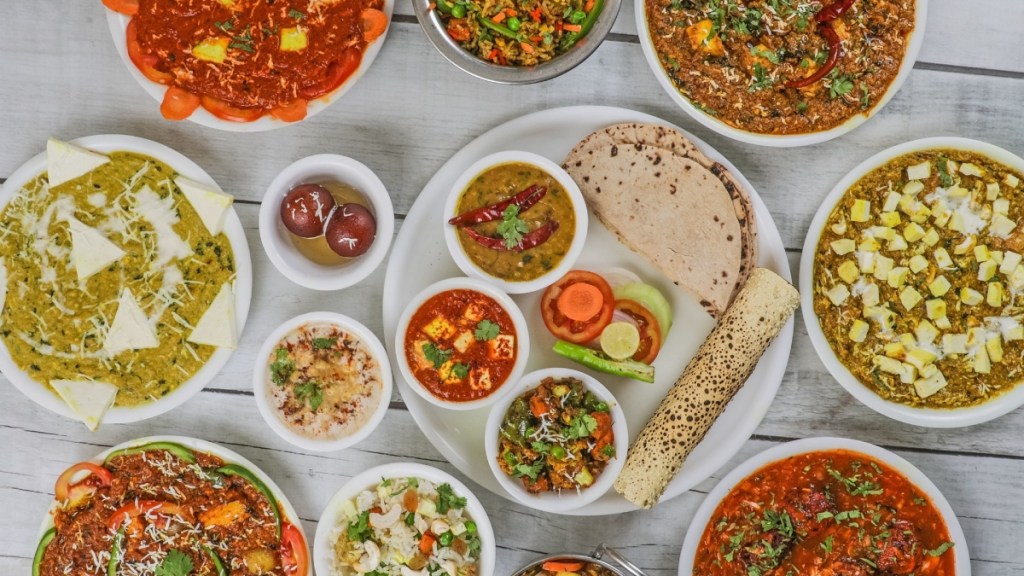Zerodha’s co-founder, Nikhil Kamath, took to platform X on Tuesday, February 18, to highlight how Indians remain deeply attached to “Ghar Ka Khana” or home-cooked meals, unlike countries such as Singapore, where home cooking is nearly nonexistent.
Recalling his recent visit to Singapore, Kamath noted that many people there either don’t cook or lack a kitchen altogether. “I was in Singapore this week; most I met said they never cook at home, and others don’t have a kitchen,” he wrote in his post.
Kamath also pointed out that if India were to adopt a similar trend—moving away from home-cooked meals in favor of dining out—it could present a “massive opportunity” for investment in the restaurant sector. However, he observed that India still lacks restaurant brands operating at the scale of major Southeast Asian chains.
“If India were to follow this trend, investing/opening restaurants would be a massive opportunity, but we don’t have restaurant brands that have close to the scale Southeast Asian chains do,” Kamath stated.
He further questioned how this could impact India’s consumption patterns, wondering whether rising per capita GDP might bring about a shift. “What’s different in our consumption behaviour? And will this change say when GDP per capita crosses 5k USD, and labour costs increase?” he asked.
Kamath also pointed out that India’s restaurant industry lags behind not just Western countries but also some South Asian nations. He referenced food trend data from Swiggy, Bain Capital, and Zerodha, which showed that in 2023, an addressable customer in China consumed about 33 non-home-cooked meals. The U.S. followed with 27, Singapore with 19, South Korea with 14, Vietnam with 11, and India at the bottom with just 5.
According to Kamath’s post, India’s food service market remains largely unorganised, with only 30% of the sector structured compared to 55% in the U.S.
He also shared a CRISIL demographic breakdown of meal costs in India, revealing that a non-vegetarian thali costs ₹63.3, with chicken alone accounting for Rs 34.5. Meanwhile, a vegetarian thali costs Rs 31.6.
Citing ICMR data, Kamath highlighted how protein intake across India remains “deficient,” while urban areas consume less cereal than recommended but have the highest intake of fats.
“Over 30% Urban Indians consume less than recommended cereals vs 3% Rural. Whereas consumption of fats was highest in Urban India,” he noted.
His analysis sparked a discussion on platform X, with some users agreeing and others defending India’s home-cooked food culture.
“I live in Singapore – been here for 15 years. You are right, but if I may add, Singapore’s eating out culture is primarily an outcome of the 121 hawker centres promoted by the government,” a user on X commented.
Meanwhile, another X user supported the idea of home-cooked meals, saying, “Hygiene & ethics! Both missing as far as Indian restaurant scene goes! Home cooked in India is still the best option – for long time to come. And we do get cooks here, affordable, still!”

